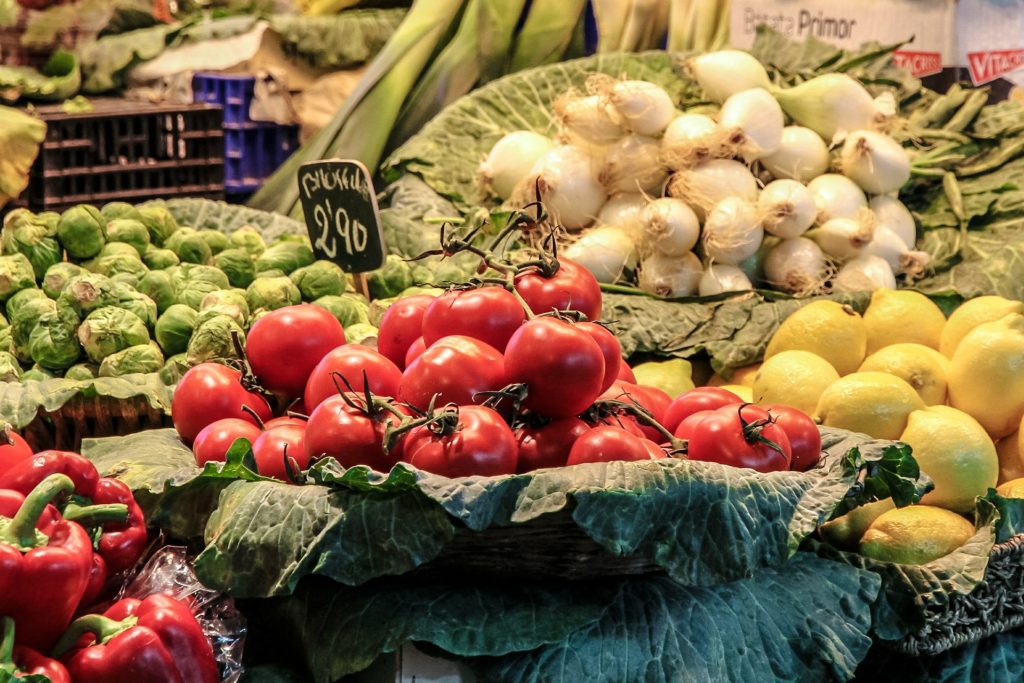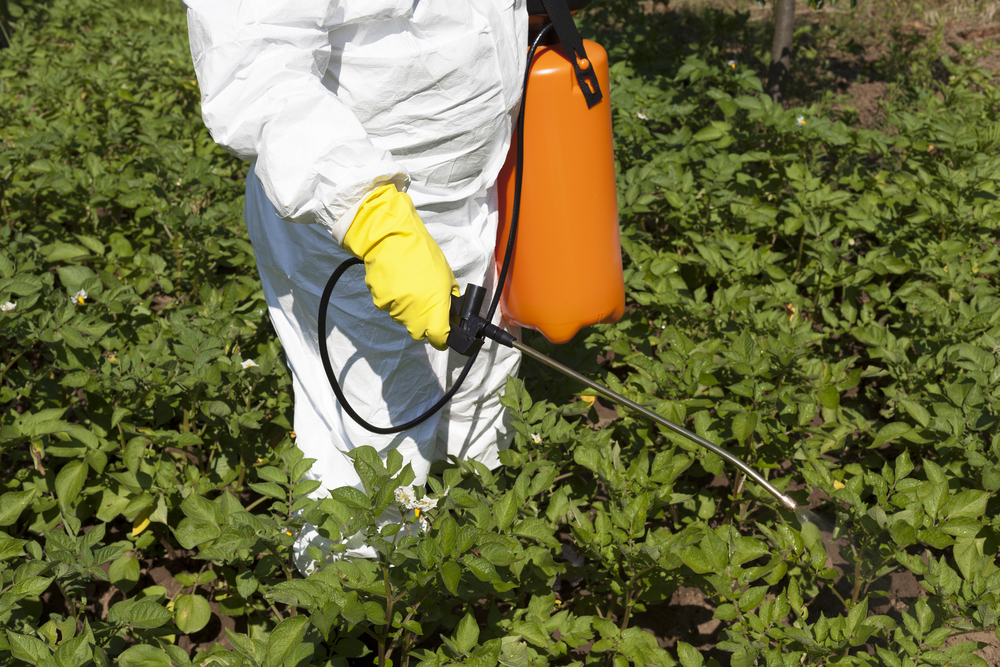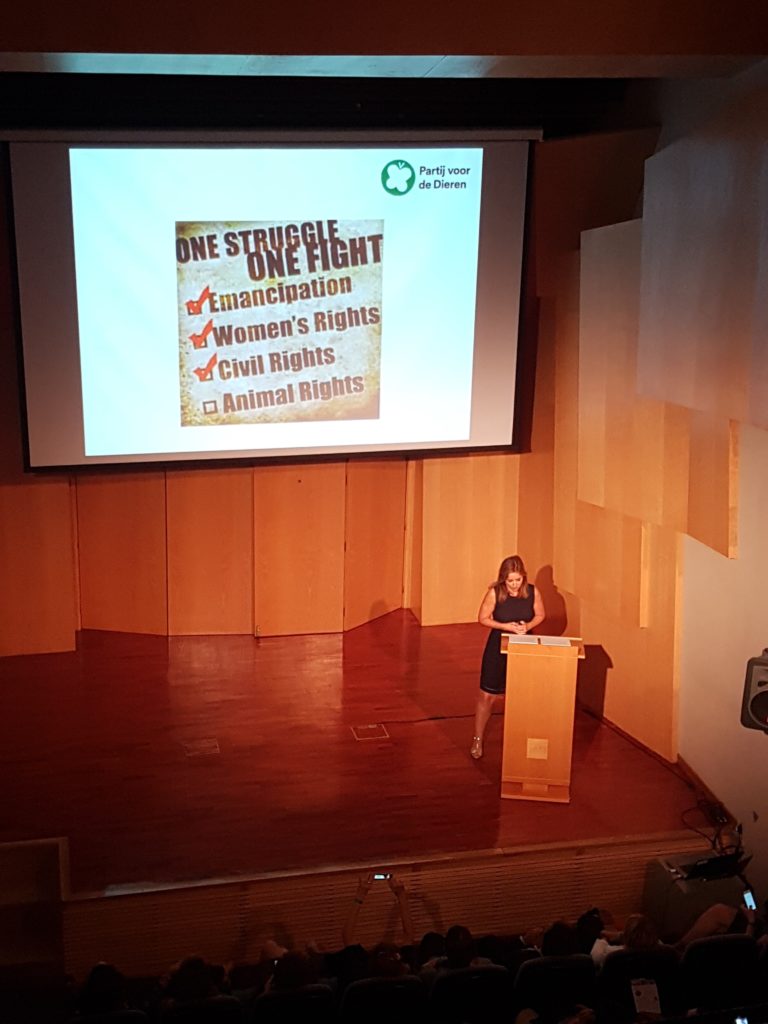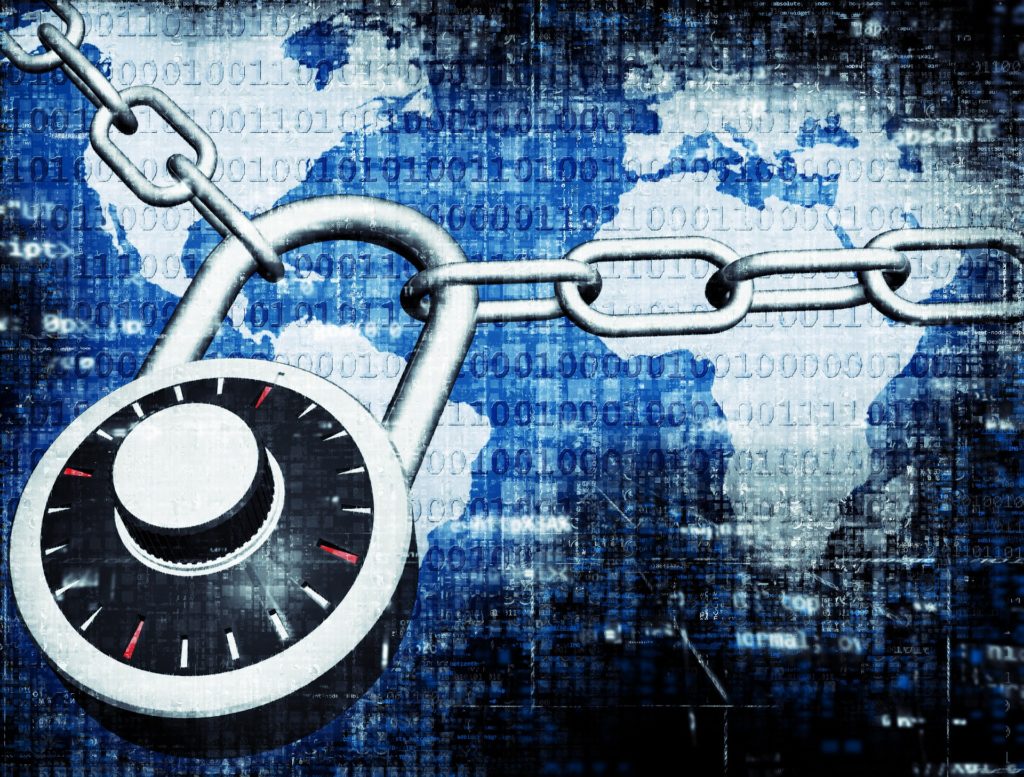Worldlog de Marianne Thieme de 17 de outubro de 2017
Desde a semana passada a Holanda tem um novo governo que no meio tempo apresentou seus planos por meio de um acordo governamental. Infelizmente temos pouco a festejar. Na prática os planos significam que as gerações futuras deverão resolver os problemas do clima. Por exemplo, um dos maiores poluidores é a indústria pecuária mas faltam medidas para abordar este problema. E isto não obstante recentes pesquisas que mostram ser improvável alcançarmos o alvo climático de Paris, sem uma diminuição substancial do consumo de carne e de produtos de leite.

Neste momento os cidadãos holandeses já estão pagando pela poluição e outros custos sociais que decorrem da indústria pecuária por meio de subsídios directos e indirectos que esta indústria recebe do governo. O novo gabinete quer empurrar ainda mais custos aos cidadãos por meio de um aumento do IVA resultando num aumento do preço de verduras e frutas igual ao de carne e produtos de leite. Uma medida completamente irresponsável visto o fato que diversas organizações, cientistas e empresários – entre os quais o Fundo Mundial da Natureza e os empresários unidos na ‘Green Protein Alliance’ – mostram que para manter nosso planeta habitável será necessário converter-nos à produção e ao consumo de mais produtos vegetais.
Diminua o preço de produtos sustentáveis e saudáveis como verduras e frutas e aumente o IVA para carne e produtos de leite. Assim a sociedade ficará mais verde e honesta. Junto com outros partidos unimos nossas forças para evitar o aumento do IVA sobre verduras e frutas. Nosso partido trabalhará duro nas próximas semanas para conseguir que o novo governo tome deveras sua responsabilidade e faça tudo – sem demora – para abordar os problemas do clima, meio-ambiente e bem-estar animal. Será continuado!

No meio tempo nosso grupo parlamentar europeu mantém as instituições da UE em dia. Após longa espera, a audição pública dos Monsanto Papers foi efectuada na semana passada no Parlamento Europeu como consequência, entre outros, da iniciativa civil europeia contra o herbicida glifosato. O Partido para os Animais criticou bastante a Autoridade Alimentar Europeia EFSA. Nossa euro-parlamentária Anja Hazekamp questionou a análise europeia dos riscos de glifosato e nisso encontrou o apoio, entre outros, do Professor Christopher J. Portier (Universidade de Maastricht) e da Agência Internacional de Pesquisa de Câncer (IARC). Estes especialistas acham muito inquietante que durante sua avaliação a EFSA ignorou diversas pesquisas que mostram que glifosato é cancerígeno. Os Monsanto Papers mostram que a indústria de tóxicos pagou cientistas para concluírem que glifosato é seguro. É absurdo que o ‘cão de guarda’ alimentar europeu engula este tipo de ‘estudos’ sem protestar, pondo dessa maneira milhões de pessoas, animais e nosso meio-ambiente em perigo. Nós queremos tirar glifosato do mercado o mais rápido possível.
Na vez passada eu contei que iria dar uma palestra em Madrid. Esta palestra fez parte de uma conferência internacional que organizamos junto com nosso partido irmão espanhol PACMA para partidos para animais e organizações para o bem-estar animal. As entradas para a palestra esgotaram-se e eu fui recebida calorosamente pelos espanhóis. É muito bom ver que os direitos animais, a natureza e o meio-ambiente estão tão vivos na Espanha.

Marianne tijdens haar lezing in Madrid
Enquanto eu testemunhava discussões belas e inspiradoras sobre democracia, direitos humanos e direitos animais na nossa conferencia internacional, infelizmente, 613 quilómetros mais adiante em Barcelona cidadãos estavam sendo tiroteados com balas de borracha. Só porque eles queriam votar. Nós, como partido, expressamos nossa aversão a violência excessiva que o governo espanhol usou para impedir os cidadãos catalães a exercerem seus direitos democráticos. Quando um estado usa violência para impedir democracia torna-se questionável se este estado ainda é uma democracia. Então a Europa que se considera sentinela da democracia não pode calar.
Felizmente também aconteceram coisas boas, por exemplo no Portugal e na Alemanha: em ambos os países nossos partidos irmãos obtiveram vitórias eleitorais. O partido alemão Tierschutzpartei obteve quase 20.000 votos a mais que nas eleições nacionais passadas mas não conseguiu uma cadeira porque na Alemanha existe um alto limiar de votação (5%). Nosso partido irmão português Pessoas-Animais-Natureza (abreviado ‘PAN’) fez história nas eleições dos conselhos municipais no Portugal ao obter cadeiras em 32 municípios. Isto significa que agora o partido tem representantes em 78% dos municípios. Fantástico!

Na semana passada também ficou claro que na Holanda vai haver um plebiscito sobre a assim chamada ‘Lei Arrasto’ (‘Sleepwet’). Com esta lei, sob o pretexto da luta contra o terrorismo, grandes quantidades de dados aleatórios serão colectados e pesquisados. Ao querer ficar de olho em pessoas inocentes ultrapassa-se um limite. A privacidade nos dá segurança e nos protege contra o estado. Se desistirmos de nossa privacidade, renunciaremos uma parte importante de nossa segurança. Por isso nós apoiamos a iniciativa para deixar os próprios cidadãos resolverem se querem esta lei por meio de um plebiscito. A iniciativa provém de estudantes que no meio tempo conseguiram recolher suficiente assinaturas para ensejar um plebiscito. Eu felicito todos os envolvidos! Uma vitória para a democracia. Enquanto isto vamos lutar na política para evitar que o novo gabinete holandês acabe com este tipo de plebiscitos como eles anunciaram no acordo governamental.
Boa semana!
Marianne
Since last week, there is a new government in the Netherlands, which now has presented its plans in the form of a coalition agreement. Unfortunately, there is little cause for celebration. In practice, the agreement means that future generations are going to have to solve the challenges of climate change. For example, no measures are taken to address one of our biggest polluters – the livestock industry. This is despite the fact that recent studies have found that it is highly unlikely that we will reach our Paris climate targets without significantly reducing our meat and dairy.

Dutch citizens are already paying for the pollution and other social costs associated with the livestock industry through various direct and indirect subsidies given to the livestock industry by the government. Now, our new cabinet intends to pass on even more of these costs to citizens by means of a rise in VAT, making fruits and vegetables go up in price as much as meat and dairy products. A measure that is completely irresponsible, since several organisations, scientists and entrepreneurs – including the World Wildlife Fund and the Dutch Green Protein Alliance – have shown us that in order to preserve our planet, we need to start producing and consuming more plant based products.
By reducing the costs of sustainable and healthy products such as fruits and vegetables, and increasing VAT on meat and dairy products, we can create a greener and fairer society. The Party for the Animals has joined forces with other parties in order to prevent the rise in VAT on fruits and vegetables. In the following weeks, our party is going to work very hard to make sure that our new government will truly take responsibility and will make every effort to tackle the problems relating to climate, environment and animal welfare today! To be continued…

Use of herbicide
Meanwhile, our group of the European Parliament is keeping the EU institutions alert. Last week, the long-awaited Monsanto Papers hearing took place at the European Parliament, partly as a result of the European citizens’ initiative against the herbicide glyphosate. The Party for the Animals has severely criticised the European Food Safety Authority (EFSA). Our MEP Anja Hazekamp expressed doubts concerning the EU’s risk assessment of glyphosate, a view that was supported by professor J. Portier of the University of Maastricht and the International Agency for Research on Cancer (IARC). These experts consider it worrying that during its assessment, the EFSA has ignored multiple studies showing that glyphosate is carcinogenic. The Monsanto Papers revealed that the toxic industry paid scientists to affirm the safety of glyphosate. The idea that the European food watchdog has unreservedly accepted these “studies” and has thereby endangered millions of people, animals and the environment, is absurd. Glyphosate should be withdrawn from the market as soon as possible.
In my last Worldlog, I talked about the lecture I was going to give in Madrid. It was part of an international conference organised by the Party for the Animals and Spanish sister party PACMA for other parties for animals and animal welfare organisations. My lecture was sold out and I received a very warm welcome by the Spaniards. It has been rewarding to see that animal rights, nature and the environment are live issues in Spain.

Marianne at her lecture in Madrid
While I was witness to moving and inspiring debates on democracy, human rights and animal rights, 613 kilometres to the east, in Barcelona, the Spanish police was firing rubber bullets at Spanish citizens for peacefully wanting to vote. Our party has expressed its horror at the excessive violence used by the Spanish government to prevent Catalan citizens from exercising their democratic rights. It is questionable whether a nation that uses violence in order to suppress democracy, should still be allowed to call itself a democracy. As a self-proclaimed guardian of democracy, Europa must not remain silent in this case.
Fortunately, there is also good news, for instance from Portugal and Germany: in both countries, our sister parties have made considerable gains in the elections. The German Tierschutzpartei gained nearly 20,000 votes more than in the last general elections, but was unable to gain a seat because of Germany’s high electoral threshold of 5%. Our Portuguese sister party Pessoas-Animais-Natureza (‘PAN’ in short) has made history by gaining seats in 32 different municipalities in Portugal’s municipal elections. This means that the party now has a representative in 78% of all municipalities. A fantastic result!

Last week, it also became clear that the Netherlands will have a referendum on the so-called ‘Sleepwet’ (dragnet law). Under this law, large amounts of random data are collected and searched under the guise of combating terrorism. By monitoring innocent people, a critical boundary is crossed. Privacy ensures our safety and protects us against the state. When we give up our right to privacy, we give up an important part of our safety. That is why we have supported the initiative to let citizens make their own decisions on this law in the form of a referendum. The initiative came from a couple of students, who now have collected enough signatures to force a referendum. My congratulations to all parties involved! A victory for democracy. Meanwhile, our party will fight in politics to prevent the new Dutch cabinet from putting an end to these kinds of referenda, as announced by the cabinet in its coalition agreement.
Enjoy your week!
Marianne